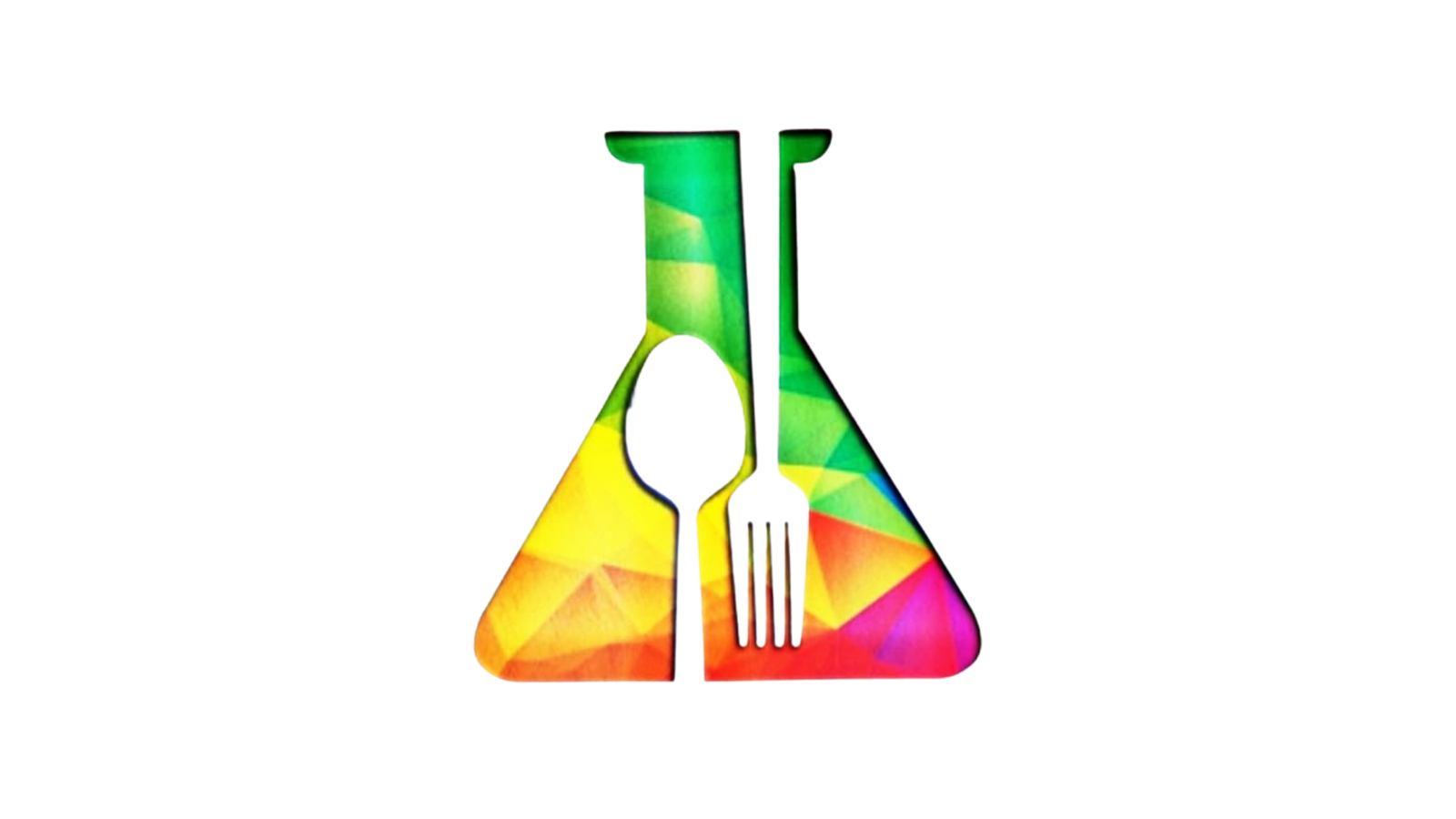Q. Which country is regional coordinator for FAO / WHO COORDINATING COMMITTEE FOR ASIA (CCASIA):
- China
- Sri Lanka
- India
- Bangladesh
Answer: c)
Coordinating Committee for Asia is India.
Q. ISO-17025 deals with:
- Testing Laboratory Quality Control System
- Quality Management System
- Inspection, Testing & Calibration and Product Certification System
- Environment Management System
Answer: a)
ISO/IEC 17025 General requirements for the competence of testing and calibration laboratories is the main ISO standard used by testing and calibration laboratories. In most countries, ISO/IEC 17025 is the standard for which most labs must hold accreditation in order to be deemed technically competent.
Q. Which organization was created to fight animal diseases at global level:
- IAEA
- OIE
- ISO
- FAO
Answer: b)
The World Organisation for Animal Health (OIE)
The need to fight animal diseases at global level led to the creation of the Office International des Epizooties through the international Agreement signed on January 25th 1924.
Q. ICMSF stands for
- International Commission on Microbiological Specifications for foods
- International Commission on Microbiological System for Foods
- International Committee on Microbiological System for Foods
- International Committee on Microbiological Specifications for Foods
Answer: a)
The International Commission on Microbiological Specifications for Foods (ICMSF) is a group of experts formed in 1962 to provide timely, science based guidance to government and industry on appraising and controlling the microbiological safety of foods.
Q. SPS under WTO stands for
- Standards, Prevention and Specifications
- Sanitary and Phytosanitary measures
- Specifications for Products and Supplements
- Safety and Prevention of Sickness
Answer: b)
The Agreement on the Application of Sanitary and Phytosanitary Measures (the “SPS Agreement”) entered into force with the establishment of the World Trade Organization on 1 January 1995. It concerns the application of food safety and animal and plant health regulations.







Comments